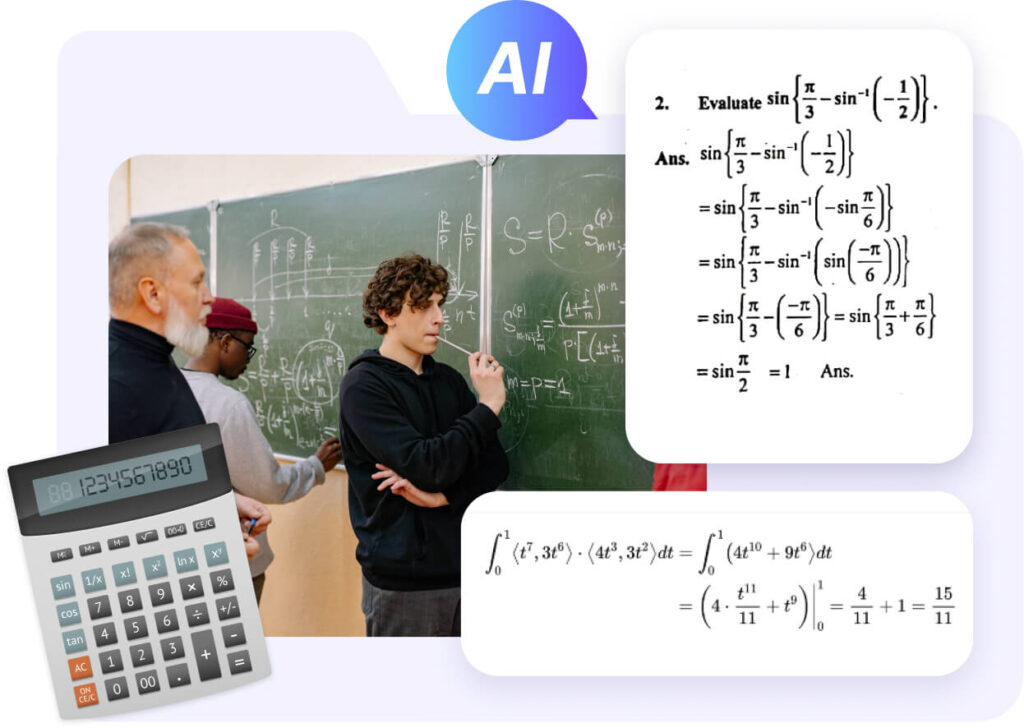Some of the most important legal-ethical dilemmas I would like to expand on are the right to patient autonomy and informed consent. In my nursing experience I have come across many patient situations where family members have withheld pertinent information from the patient due to a terminal diagnosis. The information is withheld due to the fear of harm that it may psychologically cause the patient to know the truth about their diagnosis. As a Registered Nurse, I honestly felt I did not need to gain such an in depth understanding of the laws and ethics regarding withholding information, however, as a future Nurse Practitioner (NP) I feel it is important to under the ethics regarding this issue as it is commonly come across in practice. Withholding patient information at the request of family members goes against patient autonomy and placed the provider in an ethical dilemma by not telling the truth. According to the American Medical Association Code of Medical Ethics withholding any patient information is ethically unacceptable unless it is during an emergency situation where the patient is incapacitated and unable to provide informed consent (AMA Council on Ethical and Judicial Affairs, 2012). Informed consent specifies that the patient has the right to make decisions about their own care after the provider has given enough information including therapeutic alternatives and risks to a patient that is in capacity to make their own decisions (AMA Council on Ethical and Judicial Affairs, 2012). Nurse Practitioners play a pivotal role in engaging patients to shared decision-making and respect for patient autonomy. The ethical dilemma in this situation is that if a patient is able to make decisions for themselves, yet is having information withheld from family, how would they be able to make the appropriate decision for care or even be involved in their own treatment. Patient right is also a federal law under title 482 section 13 it states the patient has the right to be present in the development and application of their plan of care (Federal Registrar, 2023). On the other hand, there can be circumstances where information may be withheld from a patient if providing information would cause an incapacitating emotional distress or serious physical termed therapeutic privilege (Menon et al., 2021). Respect for patient autonomy is a basic patient right and is instilled in every Advanced Practice Nurse (APN). It is important to discuss this dilemma as we may be faced with a similar patient situation during our career. Being knowledgeable of the ethics and laws regarding withholding patient information can help avoid any internal conflicts as a practitioner. The issues regarding patient autonomy and informed consent can sometimes have grey areas for NP’s since most laws and ethics regard the patient-physician relationship, not necessarily specifying the patient- APN relationship or considering the APN in law. I feel this is an area that needs to be discussed further or have more information available in involving APNs and the role they play in this discussion. The best advice I would give to a NP going through a similar situation would be to always do what is right based on the principles of ethics and approach the situation as a multi-disciplinary team. Involve others when in doubt, even if the issue must reach an ethics committee, but do not brush off the situation as it can have serious consequences for patients’ autonomy and involvement in their own care. In previous situations that I have seen, physicians did not take the situation seriously or exercised the “therapeutic privilege” even if it did not apply to the situation, however, NP’s have a different point of perspective and I believe they can shed light on this ethical dilemma. References AMA Council on Ethical and Judicial Affairs. (2012, July 1). AMA code of Medical Ethics’ Opinions on Informing Patients. Journal of Ethics | American Medical Association. Retrieved February 2, 2023, from https://journalofethics.ama-assn.org/article/ama-code-medical-ethics-opinions-informing-patients/2012-07#:~:text=Withholding%20medical%20information%20from%20patients,before%20the%20information%20becomes%20available. Federal Registrar. (2023, February 1). Part 482 – Conditions of Participation for Hospitals . Code of Federal Regulations: A point in time eCFR system. Retrieved February 2, 2023, from https://www.ecfr.gov/current/title-42/chapter-IV/subchapter-G/part-482 Menon, S., Entwistle, V., Campbell, A. V., & van Delden, J. J. (2021). How Should the ‘Privilege’ in Therapeutic Privilege Be Conceived When Considering the Decision-Making Process for Patients with Borderline Capacity? Journal of Medical Ethics, 47(1), 47–50. https://doi.org/10.1136/medethics-2019-105792
Some of the most important legal-ethical dilemmas I would like to expand on are
Get Free Help with this or a similar assignment from the best assignment AI helper in seconds. Simply past or upload a picture or a document with your assignment instructions/ question and let its handle the rest. Give it a try below!!
How to Use Our AI Homework Solver
Step 1
prompt
Step 2
Choose output type: Draft, Detailed Solution, or Step-by-Step Guide
Step 3
Our AI generates your content with research links and references
Why Use Our AI Assignment Helper?
Saves Hours of Brainstorming
No more staring at a blank page. Our AI gives you a strong starting point — so you can focus on refining, not figuring out what to say.
Boosts Writing Clarity and Structure
Messy thoughts? Confusing prompts? Our tool delivers clear, logically structured content that flows — just like a polished draft should.
Helps You Meet Tight Deadlines
Whether it’s due in two hours or overnight, you’ll get instant, reliable help when you need it most — no panic necessary.
Ideal for Complex or Technical Prompts
Messy thoughts? Confusing prompts? Our tool delivers clear, logically structured content that flows — just like a polished draft should.
Supports Research-Based Work
Every answer includes reference links, source ideas, or research cues — so you're not just done, you're also better informed.

Why Use Our AI Assignment Helper?
- College Students
- University Undergraduates
- Master’s Students
- PhD Candidates
- Working Professionals in Continuing Education
Features of Our AI Assignment Helper
No Signups. No Barriers.
Jump straight in — no accounts, no logins. Just paste your assignment and get instant help. It’s that simple.
Instant Results, 24/7
Whether it’s midnight before a deadline or mid-morning study break, our AI delivers fast, accurate solutions in seconds — anytime, anywhere.
References Included
Every answer comes with real research links, sources, or citations to guide your learning or help support your submission.
Trained Specifically for Assignments
Unlike generic AI tools, our model is fine-tuned for real academic assignments. Essays, case studies, care plans, reflections — it gets it.
Built for All Levels
From first-year college students to PhD candidates, our AI adjusts to your academic level and writing expectations.
Multiple Output Styles
Need a draft? A detailed answer? A step-by-step guide? We’ve got modes for how you like to work.
TYPES OF PAPER
What Can You Get from Our Writing Service?
- Essays & Research Papers
- Presentations (PPTs)
- Case Studies
- Literature Reviews
- Business
- Law
- Social Sciences
- Reflective Journals
- Presentations (PPTs)
- Technical Reports
- Discussion Posts
- Data Analysis
- Engineering
- Q&A
- Research Papers
- Thesis Drafts
- Proposals
- Interpretations
- Data Interpretations
- Science
- And more....
Unlock Your Academic Potential with Our
Homework AI Tool
Don’t waste endless hours struggling with homework problems. Question AI assists students with all kinds of academic tasks with 98% accuracy rates. Get detailed answers to challenging homework and exam questions with our powerful AI homework technology.

What people say
FAQs
Do I need to sign up to use the tool?
Nope! You can use the tool instantly — no accounts, no logins, and no personal data required.
Is it really free?
Yes! You can generate assignment help for free. We believe academic support should be
accessible to everyone.
What types of assignments can it handle?
Our AI supports a wide range of academic tasks — including essays, research papers,
reflections, case studies, reports, presentations, and more — for college, university, master’s,
and even PhD levels.
How accurate are the answers?
The AI is trained specifically for academic assignments. It delivers high-quality, structured
responses and even includes references and research links where possible to back up its
solutions.
Can I get step-by-step explanations?
Absolutely! Choose the Step-by-Step Mode to get a breakdown of how to approach or solve
the question — great for learning and understanding the topic better.
Is it plagiarism-free?
Yes — the content is generated uniquely each time. However, we always recommend
reviewing, editing, and citing properly to match your academic standards.
Can I use it for any subject?
Yes! Whether its Nursing, Business, Computer Science, Literature, or Law — the tool is built to
adapt to different academic disciplines and writing styles.